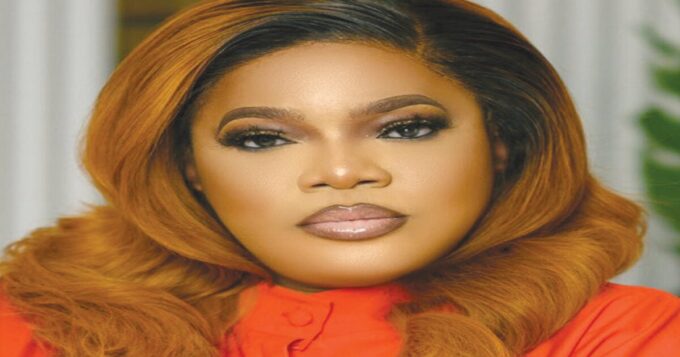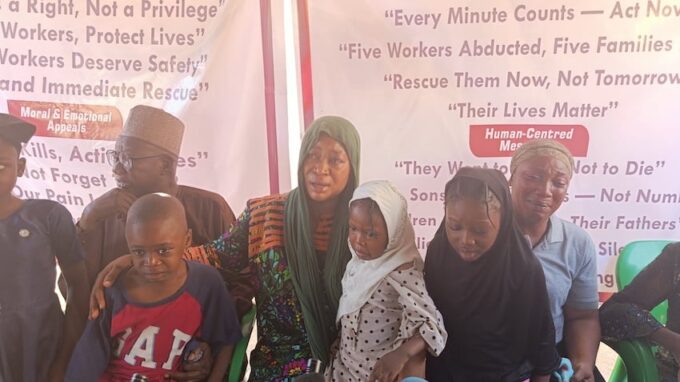
Super Eagles coach Eric Chelle says Nigeria’s final Group C match against Uganda will be decided by intelligent player management rather than complacency.
Speaking at a pre-match news conference on Monday, Chelle stressed that AFCON success depends on squad depth and timing, not a fixed starting XI.
“This is not a competition for the first 11. It’s a competition for the whole team. Sometimes the player who plays five minutes scores the decisive goal,” Chelle said.
He explained that his approach evolves with each game, noting that the final group match is about balance and readiness for the knockout stage.
“The first game is about intensity, the second about tactics, and the third is about player management. We want to win, but we must also project ourselves to the next round,” he said.
Chelle admitted the pressure of leading the Super Eagles, describing the role as a daily challenge driven by Nigeria’s high expectations.
“When I accepted this job, I entered another level. The pressure is there every moment, and that pushes me to give my best for the team’s success,” he said.
The coach also praised striker Victor Osimhen on his birthday, hailing him as one of the best in the world.
“He’s focused, in a good mood and I wish him many goals. I hope this AFCON will be special for him,” Chelle said.
Also speaking, captain Wilfred Ndidi said the team remained fully focused despite already securing early qualification.
“The atmosphere is really good and everyone is excited, but the game against Tunisia is gone. Our focus is fully on the next one,” Ndidi said.
Reflecting on his first-ever goal for Nigeria, Ndidi said the moment carried deep personal meaning.
“That goal meant a lot to me. The celebration was inspired by my father and Kanu Nwankwo, one of Nigeria’s greatest legends,” he said, explaining that wearing Kanu’s old number four jersey prompted the tribute.
“I remembered how my dad used to talk about Kanu. The idea just came into my head to do that celebration,” he added.
Nigeria, already qualified for the Round of 16, leads Group C after two wins and will face Uganda at the Complex Sportif de Fès on Tuesday.
The Super Eagles aim to maintain momentum and discipline as they prepare for the knockout stage.
(NAN)

















Leave a comment